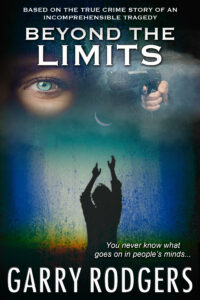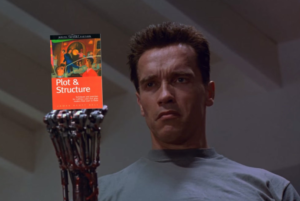by James Scott Bell
@jamesscottbell

National Novel Writing Month (NaNoWriMo) began in 1999 as an informal way for writers to accept a challenge: Write a 50,000 word novel in a month. It grew into a non-profit organization, and at its height had hundreds of thousands of writers participating world wide. I was one of those writers. I found the challenge infectious, even joyful. Some critics found it “ridiculous” to think that most writers could come out with a competent novel in a month. But that missed the point.
It was mainly about exercising your writing muscles, learning discipline, and even coming up with a story that you could later whip into shape. It also fostered a supportive and community spirit.
Of late, however, the revenue needed to keep it going just wasn’t there. And now the interim director has announced that NaNoWriMo has come to an end. See her statement here.
You can find what other TKZers and commenters have to say about it, both pro and con, by putting “NaNoWriMo” in our search box. You might start with this one.
Another factor is that NaNoWriMo faced significant blowback last year, as described in this article in the New York Times:
For over 20 years, writers around the world have participated in National Novel Writing Month, or #NaNoWriMo, as it’s known online. The challenge is simple: Write 50,000 words in the month of November. Well, as simple as writing 50,000 words can be. (That’s 1,667 words per day, for those of you doing the math at home.)
Of course, using a generative artificial intelligence platform, like ChatGPT, could make those words go by much quicker. But is that really ethical? In the spirit of the event? Good for the craft of creative writing in general?
These are some of the questions that fueled a heated debate this week among writers, editors and others in publishing who fear the creep of A.I. in their industry. It started with a statement from NaNoWriMo, the nonprofit organization that coordinates the writing marathon every year. It ended — though perhaps there is more to come — with resignations, a lost sponsor and plenty of prickly feelings in what is meant to be an uplifting community.
“NaNoWriMo does not explicitly support any specific approach to writing, nor does it explicitly condemn any approach, including the use of A.I.,” the organization wrote on its website at the end of August. To fully condemn the technology, it said, would be “to ignore classist and ableist issues.”
“For some writers, the decision to use A.I. is a practical, not an ideological, one,” the statement continued, noting the “upfront cost burdens” in the publishing industry as well as the challenges that writers with different mental and linguistic abilities may face. “The notion that all writers ‘should’ be able to perform certain functions independently is a position that we disagree with wholeheartedly.”
More:
Online, the reaction to the statement from many writers was swift and critical. The organization later updated its blog post to emphasize that it was speaking in broad terms and that it was “troubled by situational abuse of A.I,” but it appeared to do little to assuage writers’ concerns.
Multiple writers, including Daniel José Older and Maureen Johnson, announced on X that they would be stepping down from NaNoWriMo’s writers board.
According to Ms. Johnson: “It was a way of encouraging people to sit down and set aside a block of time to learn to build writing muscle by drafting, by writing badly, by getting over self-doubt and boredom and writer’s block….What I saw in their statement was the opposite of that.”
One of the comments on the article said:
Allowing ChatGPT in National Novel Writing Month (NaNoWriMo) is a nuanced issue. On one hand, using ChatGPT can aid in generating ideas and overcoming writer’s block, aligning with the event’s spirit of creativity and exploration. On the other hand, the challenge is meant to push writers to develop their own narratives and discipline. Extensive reliance on AI might undermine the authenticity of personal effort and creativity that NaNoWriMo aims to cultivate. Ultimately, while using ChatGPT for brainstorming or assistance can be valuable, it’s crucial that participants maintain their own creative control and write the bulk of their novel to stay true to the event’s goals.
This twist was added:
This comment generated by ChatGPT in response to the query, “Should authors participating in National Novel Writing Month be able to use ChatGPT to write their novels? Please answer in 150 words or less.”
I can’t speak to all the ins-and-outs of the controversy. Suffice to say, I much enjoyed doing NaNoWriMo. I even used it to form the foundation for two novels that were eventually published. But most of all it gave me a good jolt of writing energy. I loved the feeling of exhilaration mixed with fear and trembling, what that “eccentric Frenchman” Phillipe Petit must have felt as he walked a tightrope across the Twin Towers in 1974.
There is much value in that for the writer. So what’s to stop you from designing your own NaNoWriMo? Nothing, except perhaps accountability. To solve that, you could put the word out to family and friends. Or you could get with a writing pal or two and do it together.
And if a whole month seems too long, two weeks will do it. Instead of completing a 50k novel, think of it as a 20k start of a novel. That works out to a little under 1.5k words a day.
Or set whatever goal you like, so long as it is a real stretch. How many words can you comfortably write a day? Multiply that by three, and off you go!
Of course, no A.I. during this run. That would defeat the whole purpose, which is to exercise your head.
Sorry to see you go, NaNo. Thanks for the workouts.
Did you ever participate in a NaNoWriMo? Would you ever consider designing your own NaNo?

 Can you believe we’re into November already? Why does time feel like a toboggan on
Can you believe we’re into November already? Why does time feel like a toboggan on 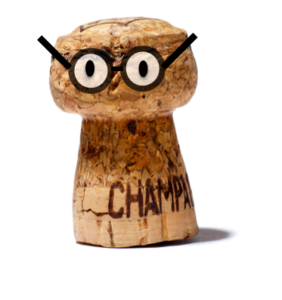 Way back in 2012
Way back in 2012 


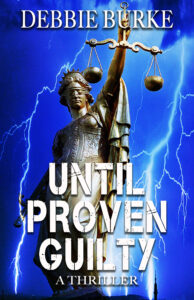
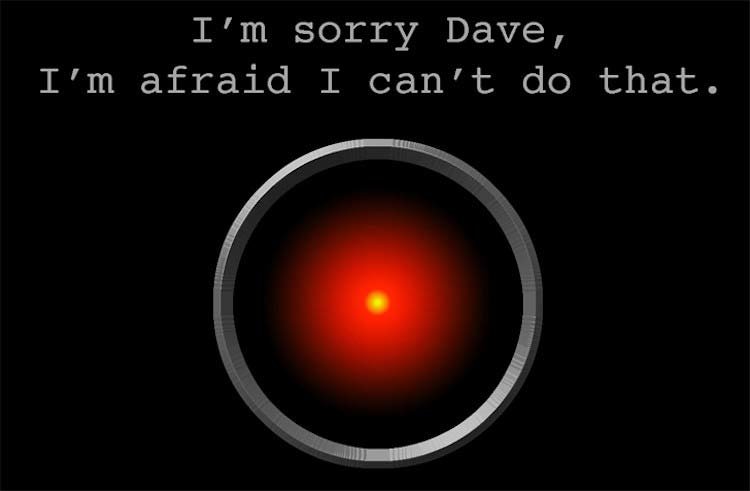
 I’m keeping a close eye on Text-To-Speech (TTS) technology. I think the next tech wave is interactive ebooks where the reader will have a solid listener option for the device to convincingly turn the text into a realistic voice. That virtual reality already exists. It’s just not perfected yet. But my bet is within a few short years AI will allow a quick tap on your eReader, and you’ll listen to your book as if Bitching Betty was real.
I’m keeping a close eye on Text-To-Speech (TTS) technology. I think the next tech wave is interactive ebooks where the reader will have a solid listener option for the device to convincingly turn the text into a realistic voice. That virtual reality already exists. It’s just not perfected yet. But my bet is within a few short years AI will allow a quick tap on your eReader, and you’ll listen to your book as if Bitching Betty was real. There’s some good AI reading apps out there, no doubt. Amazon’s Polly is remarkable. Word on the street is that AZ has an experimental TTS program on the go that aims to perfect NGL (natural language generation) on Kindle devices. Currently, AZ has a Kindle text-to-speech enablement that’s terribly inefficient. Here’s a quote about the new TTS program from an Amazon side channel I found in the r-hole:
There’s some good AI reading apps out there, no doubt. Amazon’s Polly is remarkable. Word on the street is that AZ has an experimental TTS program on the go that aims to perfect NGL (natural language generation) on Kindle devices. Currently, AZ has a Kindle text-to-speech enablement that’s terribly inefficient. Here’s a quote about the new TTS program from an Amazon side channel I found in the r-hole:
